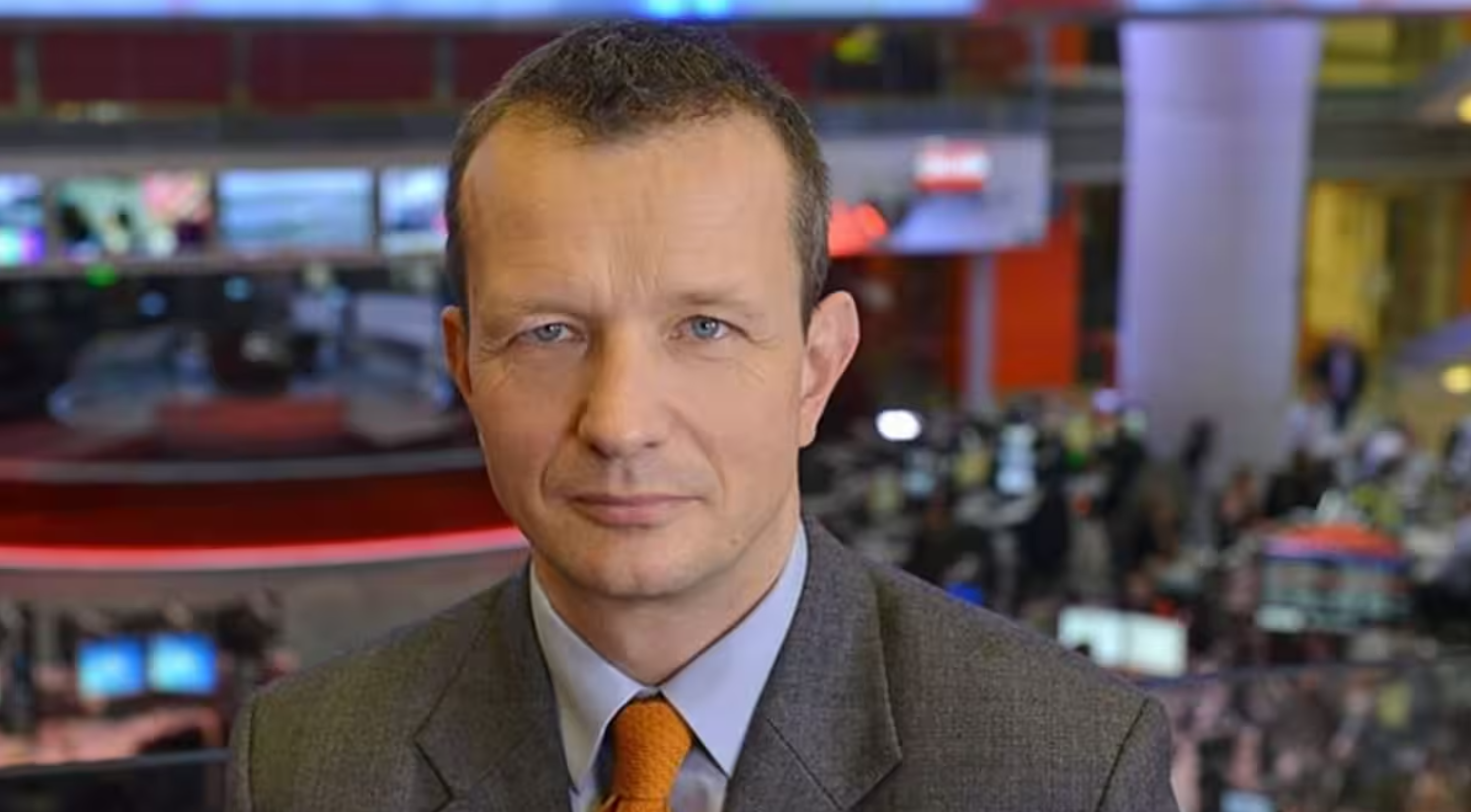‘Leave your opinions at the door’: BBC boss on his mission to transform journalism
Jonathan Munro is deputy chief executive of BBC News, and the director of journalism across the entire BBC.
He has been at the BBC for the past decade, before which he spent close to three decades at ITN, covering three wars, two Olympic Games, and reporting from far-flung regions around the world.
Munro is in Australia for South by Southwest, and spoke to Mumbrella yesterday about the ever-changing face of journalism in an age where trust in news outlets is at a nadir, fake news abounds, and political lines have never been so divided.
You’ve been in journalism for decades: you were at ITN for 26 years, you’ve been all over the world, you’ve covered wars, you’ve covered Olympic Games. How has the role changed in that time, both in how journalism is perceived, and also the day-to-day operations?
Let me point out two things that have changed massively in that time. The first is that we are much more nimble, because technology has changed hugely. So we can go and deploy and bring live coverage with an iPhone — when I started, iPhones hadn’t been thought of — so you travelled in those days, much more heavily. And now we’re much more nimble. And therefore, you got to think more quickly, because the time constraints that you work under are much more challenging than they were in the days when everything took hours and hours to technically resolve, or whatever.
And that means that the values have got to be consistent, but the timeframe in which you’ve got to make judgments around those values is definitely much more challenging.



“Leave your opinions at the door…”
If only media outlets, including the BBC, actually practiced that…
Best article of the year! It’s about time this was exposed